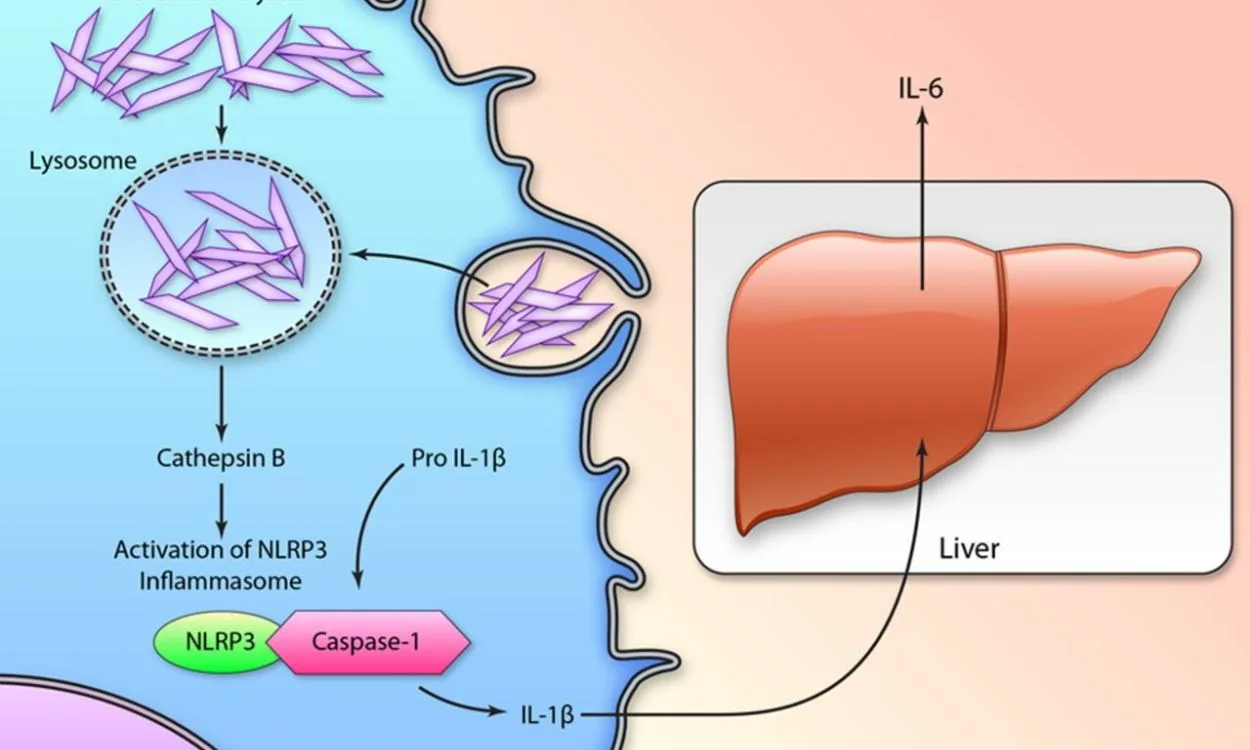How Chronic Inflammation Affects Lipid Levels
Chronic inflammation is a condition characterized by the prolonged activation of the immune system, resulting in the release of pro-inflammatory molecules. This persistent inflammatory response can have a significant impact on various physiological processes, including lipid metabolism. Here’s how chronic inflammation affects lipid levels:
- Impact on Lipid Profile:
- Chronic inflammation can alter the lipid profile by increasing levels of triglycerides and low-density lipoprotein (LDL) cholesterol, while decreasing levels of high-density lipoprotein (HDL) cholesterol.
- Elevated levels of triglycerides and LDL cholesterol are associated with an increased risk of atherosclerosis and cardiovascular disease, while reduced HDL cholesterol levels are linked to impaired reverse cholesterol transport and increased inflammation.
- Inflammatory Cytokines and Lipid Metabolism:
- Inflammatory cytokines, such as tumor necrosis factor-alpha (TNF-α) and interleukin-6 (IL-6), can disrupt lipid metabolism by influencing the production and clearance of lipoproteins in the liver.
- These cytokines can promote the synthesis of triglycerides and suppress the activity of enzymes involved in the breakdown of lipids, contributing to dyslipidemia.
- Insulin Resistance and Lipid Dysregulation:
- Chronic inflammation is closely linked to insulin resistance, a condition in which cells become less responsive to the effects of insulin.
- Insulin resistance can lead to dysregulation of lipid metabolism, resulting in increased production of triglycerides and LDL cholesterol, as well as reduced clearance of these lipids from the bloodstream.
- Oxidative Stress and Lipid Peroxidation:
- Inflammatory processes can induce oxidative stress, leading to the production of reactive oxygen species that can damage lipids, including LDL cholesterol particles.
- Lipid peroxidation, a result of oxidative stress, can render LDL cholesterol more atherogenic, contributing to the development of arterial plaques and cardiovascular complications.
- Systemic Inflammation and Lipid Imbalance:
- Systemic inflammation, characterized by elevated levels of circulating inflammatory markers, can disrupt lipid homeostasis and promote an atherogenic lipid profile.
- The interplay between chronic inflammation and lipid imbalance creates a pro-atherogenic environment, increasing the risk of cardiovascular events and metabolic disorders.
Introducing Fitpaa: Your Path to Optimal Health and Fitness
If you’re looking to optimize your health and fitness journey, Fitpaa is here to support you with a personalized approach tailored to your unique metabolism and goals. With innovative AI-driven technology and a team of expert professionals, Fitpaa offers a comprehensive solution to help you achieve guaranteed results in your pursuit of wellness. Download the Fitpaa app today and embark on a transformative journey towards a healthier and fitter lifestyle, because your well-being is our mission.
Whether your goal is weight management, muscle toning, or overall well-being, Fitpaa’s holistic approach addresses every aspect of your health and fitness, ensuring that you receive personalized care and guidance every step of the way. Experience the joy of achieving your health and fitness goals with the support of Fitpaa’s cutting-edge technology and dedicated team, and unlock your full potential for a vibrant and fulfilled life.
It’s time to prioritize your health and take proactive steps towards a healthier future. Join the Fitpaa community and discover the power of personalized wellness solutions that empower you to thrive. With Fitpaa, the journey to holistic wellness begins, and your transformation awaits.









